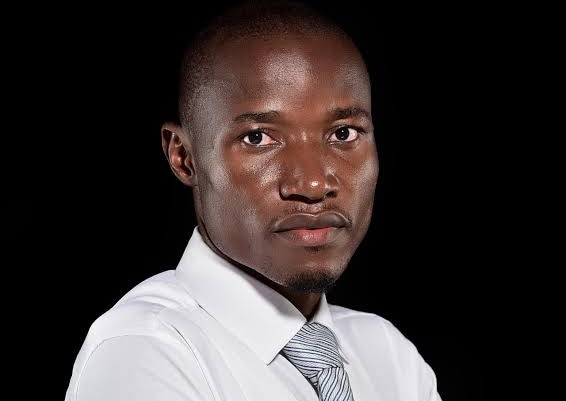By Kyeswa Hakim
Last week, foreign security forces from El Salvador and Guatemala arrived in Haiti to bolster the multinational mission aimed at curbing the country’s escalating gang violence. This deployment followed the UN Security Council’s approval of a Multinational Security Support (MSS) mission in 2023, responding to Haiti’s government’s urgent pleas for international aid.
However, despite the presence of these security forces, violence continues to plague Haiti, rendering it increasingly unsafe and straining its economy. An alarming 85% of Port-au-Prince is reportedly under gang control, with over 5,000 lives lost to brutal confrontations between government forces and gangs.
Such statistics illustrate a grim reality: nearly 40% of global homicides are linked to organized crime, with the United Nations Office on Drugs and Crime reporting that between 2015 and 2021, organized crime accounted for 700,000 deaths an alarming figure comparable to armed conflict casualties.
The issue of gang violence is not confined to Haiti; it stretches from Mexico to Nigeria, where criminal organizations wield significant power, often surpassing state control. In countries like El Salvador and Honduras, governments have resorted to declaring states of emergency, risking civil liberties in a desperate attempt to restore order.
This widespread violence, driven by gangs with no political agenda, poses a severe threat to public safety. Their operations, which include extortion, kidnapping, and drug trafficking, reveal a systemic issue: traditional justice mechanisms are failing to address the root causes of gang proliferation.
Turning our gaze to Uganda, we see a disturbing parallel. This past week, media outlets have been ablaze with the ongoing feud between local artists Pallaso and Allien Skin, whose rivalry has escalated to the point where they have formed gangs of young followers. These groups, emboldened by a history of impunity, engage in acts of violence and theft, creating an unsafe environment for ordinary citizens.
The question arises how did these musicians, and by extension, their gangs, manage to operate without oversight? This trend can be traced back to influential artists like Jose Chameleon, Bobi Wine, and Bebe Cool, who have, in the past, faced little to no repercussions for their actions, thereby establishing a dangerous precedent.
As Uganda approaches its next election, the specter of gang violence looms large. The allegiances between musicians’ gangs and political factions raise serious concerns about security and public safety. If unchecked, this could pave the way for Uganda to mirror Haiti’s current turmoil. The police must act decisively to address this issue, as a failure to do so could lead to a society where gangs thrive unchecked, threatening the very fabric of community life.
As we reflect on these pressing issues, it becomes clear that proactive measures are crucial. The question remains: will Uganda learn from the experiences of countries like Haiti, or will it allow itself to descend into chaos? In the words of the wise, “Prevention is better than cure.” The time for action is now—before it’s too late.
The writer is the head of digital media at Office of the National Chairman NRM – Kyambogo, Email: [email protected]
Do you have a story or an opinion to share? Email us on: [email protected] Or join the Daily Express WhatsApp channel for all the latest news and trends or join the Telegram Channel for the latest updates.

